Supermarkets have revolutionised consumer access to affordable food and several other consumer goods over the past century. This is in theory positive – a shorter streamlined supply chain brings efficiencies that should benefit all parties, from the farmers who provide the raw materials, the processors that make it consumer ready and the supermarket that presents it to consumers.
Farmers at end of the chain
However, in practice, farmers have been the poor relation in this 'partnership', as being at the end of the supply chain they get whatever is left when the rest of the stakeholders have taken their margin. Rationalisation has meant that the UK now has three supermarket chains controlling 60% of the retail food trade, while in Ireland Dunnes, Tesco and Supervalu have two thirds the business between them. When they go on a price war, farmers end up paying the price.
Discounters
In both the UK and Ireland, the German discounters Aldi and Lidl have been chipping away at the established supermarkets' share over recent years. They have a lower operating cost model and a more restricted range, but lower prices than the established retailers, particularly on own brand offerings. In the UK, Tesco has been on a fight back since March with an advertising campaign based on how they match Aldi prices.
All of this appears to be good news for shoppers and the reality is that grocery shopping has been reduced to around 8% of total consumer spending, the lowest in history. However this is achieved by a constant squeezing of suppliers and in turn farmers on prices. It means that every efficiency that is made on farm or in the factory is banked by the supermarket who take advantage of any reduced costs in the production chain.
Supermarkets can’t have it both ways
What is particularly disingenuous is the regular marketing and PR campaigns featuring farmers in meat, dairy and vegetables plus regular pronouncements on how much they support farmers by the amount they spend on produce that originates on farms. Factually it may be true, but if a supermarket is squeezing a supplier for ever lower prices, suppliers simply pass any reduction back down the chain to the farmer.
Farmers are powerless in this cycle because governments and consumer organisations prioritise cheap food for consumers over the economic sustainability of producers. The simplistic view is that if shelves are stocked, the market is working.
Groceries order abolition
It wasn’t always like this in Ireland. Up until the end of 2005, it was illegal in Ireland for retailers to engage in below cost selling of produce under the Groceries Order. It was revoked in November 2005 by the then Minister for trade, enterprise and employment, Micheál Martin. That decision was welcomed by consumer organisations but whatever savings were made for consumers came from farmer suppliers. IFA president Tim Cullinan has called on the installation of an ombudsman in an attempt to protect farmers and maybe that could redress some of the imbalance in the supply chain.
As it stands, it is a catch 22 situation for farmers – powerful retailers squeeze suppliers and small competitor retailers out of business because they cannot secure the same favourable terms of supply. In future it may be that the internet powerhouses such as Amazon in turn squeeze the large supermarkets of today out of the market place. All of this may be interesting for non-essential consumer goods. However it has to be worrying that the ultimate end to the race to the bottom for food prices may be food distribution to consumers concentrated in a small number of multinational distribution businesses. Value shouldn’t be judged on price alone but that isn’t the dynamic of 21st century food retailing.
Read more
ICMSA questions ‘flimsy’ Tesco beef sector rescue
Cullinan outraged at undercutting of fresh milk prices
Supermarkets have revolutionised consumer access to affordable food and several other consumer goods over the past century. This is in theory positive – a shorter streamlined supply chain brings efficiencies that should benefit all parties, from the farmers who provide the raw materials, the processors that make it consumer ready and the supermarket that presents it to consumers.
Farmers at end of the chain
However, in practice, farmers have been the poor relation in this 'partnership', as being at the end of the supply chain they get whatever is left when the rest of the stakeholders have taken their margin. Rationalisation has meant that the UK now has three supermarket chains controlling 60% of the retail food trade, while in Ireland Dunnes, Tesco and Supervalu have two thirds the business between them. When they go on a price war, farmers end up paying the price.
Discounters
In both the UK and Ireland, the German discounters Aldi and Lidl have been chipping away at the established supermarkets' share over recent years. They have a lower operating cost model and a more restricted range, but lower prices than the established retailers, particularly on own brand offerings. In the UK, Tesco has been on a fight back since March with an advertising campaign based on how they match Aldi prices.
All of this appears to be good news for shoppers and the reality is that grocery shopping has been reduced to around 8% of total consumer spending, the lowest in history. However this is achieved by a constant squeezing of suppliers and in turn farmers on prices. It means that every efficiency that is made on farm or in the factory is banked by the supermarket who take advantage of any reduced costs in the production chain.
Supermarkets can’t have it both ways
What is particularly disingenuous is the regular marketing and PR campaigns featuring farmers in meat, dairy and vegetables plus regular pronouncements on how much they support farmers by the amount they spend on produce that originates on farms. Factually it may be true, but if a supermarket is squeezing a supplier for ever lower prices, suppliers simply pass any reduction back down the chain to the farmer.
Farmers are powerless in this cycle because governments and consumer organisations prioritise cheap food for consumers over the economic sustainability of producers. The simplistic view is that if shelves are stocked, the market is working.
Groceries order abolition
It wasn’t always like this in Ireland. Up until the end of 2005, it was illegal in Ireland for retailers to engage in below cost selling of produce under the Groceries Order. It was revoked in November 2005 by the then Minister for trade, enterprise and employment, Micheál Martin. That decision was welcomed by consumer organisations but whatever savings were made for consumers came from farmer suppliers. IFA president Tim Cullinan has called on the installation of an ombudsman in an attempt to protect farmers and maybe that could redress some of the imbalance in the supply chain.
As it stands, it is a catch 22 situation for farmers – powerful retailers squeeze suppliers and small competitor retailers out of business because they cannot secure the same favourable terms of supply. In future it may be that the internet powerhouses such as Amazon in turn squeeze the large supermarkets of today out of the market place. All of this may be interesting for non-essential consumer goods. However it has to be worrying that the ultimate end to the race to the bottom for food prices may be food distribution to consumers concentrated in a small number of multinational distribution businesses. Value shouldn’t be judged on price alone but that isn’t the dynamic of 21st century food retailing.
Read more
ICMSA questions ‘flimsy’ Tesco beef sector rescue
Cullinan outraged at undercutting of fresh milk prices



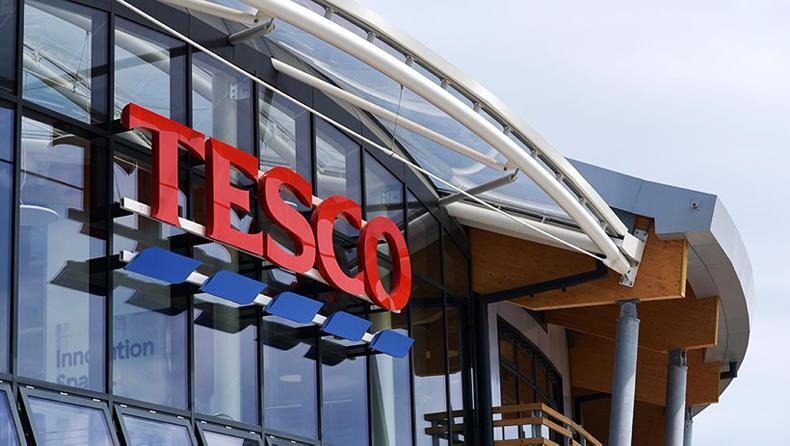
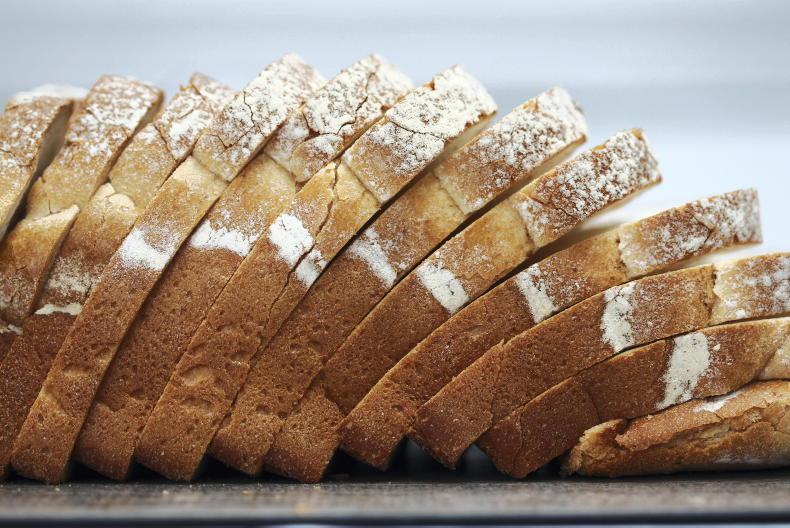
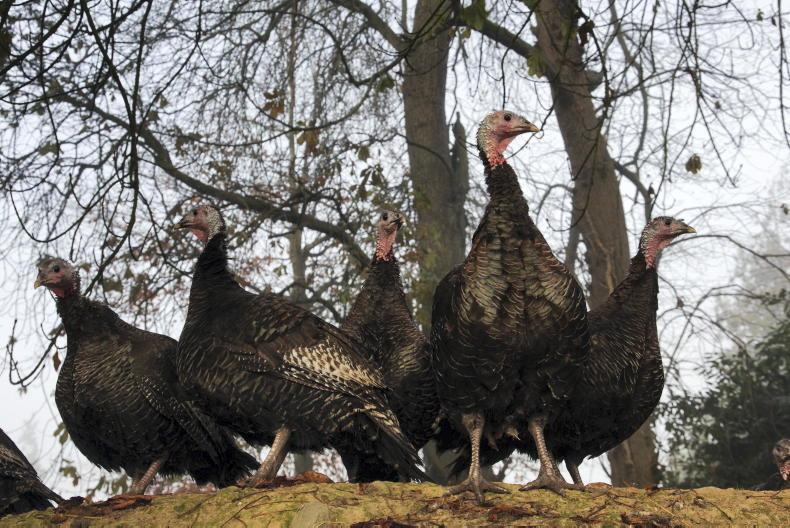
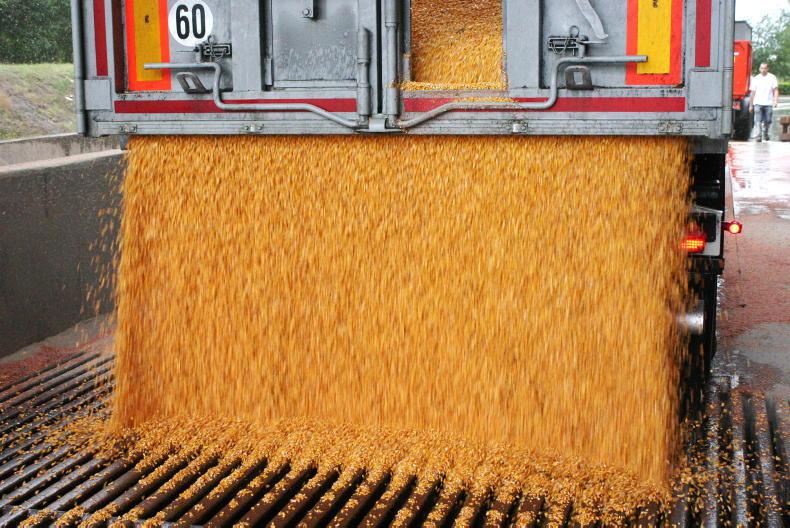
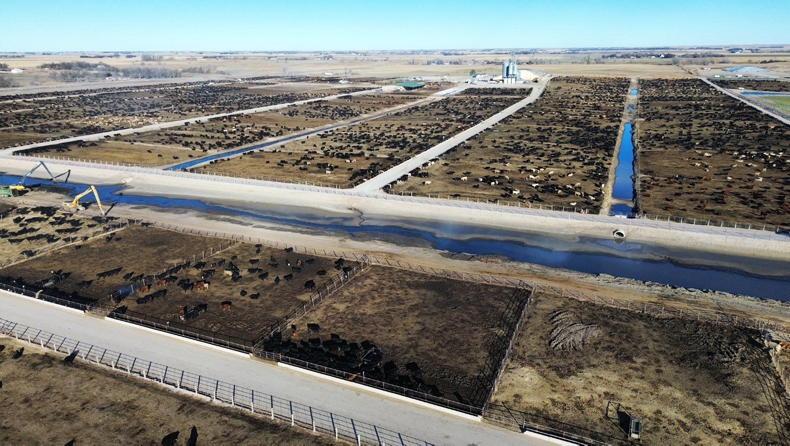
SHARING OPTIONS